Cardiac Amyloidosis: Emerging Diagnostic and Treatment Approaches
Published: 08 February 2024
-
Views:
 21848
21848
-
Likes:
 7
7
-
Views:
 21848
21848
-
Likes:
 7
7
Overview
This micro-learning series focuses on the forefront of cardiac amyloidosis, a rapidly advancing field in healthcare. Providing a focussed and tailored update for key healthcare practitioners seeking to enhance their understanding of the latest developments in the diagnosis and treatment of cardiac amyloidosis and its consequences. Throughout this series, esteemed faculty delve into the intricate nature of amyloidosis, offering insights into the evolving management practices in cardiac amyloidosis. This educational journey navigates the nuances of diagnosing cardiac amyloidosis, emphasising the ability to distinguish between various types of the disease, addressing common pitfalls in assessment and underscoring the importance of a collaborative interdisciplinary approach.
Discover New Horizons in Amyloidosis (NHA)
Curious about the latest advancements in diagnosing and treating cardiac amyloidosis? New Horizons in Amyloidosis (NHA), a virtual conference which took place on February 28, 2024, is available to watch on-demand now.
Learning Objectives
- Understand the nature of amyloidosis and its effects on various organs, particularly the heart
- Distinguish between light-chain (AL) amyloidosis, wild type TTR amyloidosis and hereditary TTR amyloidosis in terms of their clinical manifestations and their different treatments
- Recognise the novel challenges of managing heart failure in cardiac amyloidosis, including both medical management and the role of devices
- Understand the critically important interaction between haematologists and cardiologists in the therapy of AL amyloidosis
- Develop an understanding of novel therapies currently in clinical trials of TTR and AL amyloidosis
- Identify their own roles and responsibilities in the management TTR and AL amyloidosis as part of a multidisciplinary team
Target Audience
- Cardiologists
- Imaging Specialists
- Electrophysiologists
- Primary Care Practitioners
- Haematologists
- Cardiac Nurse Practitioners
More from this programme
Part 1
An Overview of Amyloidosis: Cardiac and Non-Cardiac Features
In this video, Prof Philip Hawkins (University College London, London, UK), addresses some important key questions surrounding amyloidosis, a complex condition characterised by the abnormal accumulation of amyloid protein in tissues. He explores the nature of amyloid and the definition of amyloidosis, discussing its various forms and the significance of distinguishing among them. Join him as he unravels the importance of understanding the cardiac and non-cardiac manifestations of amyloidosis in clinical practice.
Part 2
Cardiac Magnetic Resonance (CMR) in Amyloidosis
In this video, Prof Marianna Fontana (Royal Free Hospital, London, UK) briefly discusses the role of cardiac magnetic resonance (CMR) in amyloidosis. She discusses techniques used for diagnosis, and measuring the cardiac amyloid burden, referring to European guidelines. She also discusses how to track treatment response.
Part 3
Light Chain (AL) Amyloidosis: The Importance of Early Diagnosis
In this video, Dr Paolo Milani (University of Pavia, Pavia, IT) discusses the importance of early diagnosis of AL Amyloidosis, the role of both the haematologist and cardiologist in diagnosis and treatment. Further, he highlights the importance of the wider multidisciplinary team and shares the approach adopted in Pavia.
Part 4
Hereditary TTR amyloidosis: Diagnosis and Treatment
In this video, Prof Julian Gillmore (University College London, London, UK) focuses on diagnosis and treatment principles for ATTR amyloidosis. He discusses the challenges faced in diagnosis and key differences between hereditary and non-hereditary TTR amyloidosis.
Part 5
How to Manage a Person With a Mutant TTR Gene and No Symptoms?
In this video, Dr Laura Obici (IRCCS Policlinico San Matteo Foundation, Pavia, IT) discusses the importance of early diagnosis and treatment for asymptomatic patients with a mutant TTR, highlighting recommendations and tests specific to both genotype and phenotype.
Part 6
Diagnosing Wild-Type TTR Amyloidosis (ATTRwt)
In this video, Dr Pablo Garcia-Pavia (Puerta de Hierro Majadahonda University Hospital, Madrid, ES) shares clinical clues which lead to diagnosis, appropriate screening and testing to diagnose the condition.
Part 7
Cardiac Amyloidosis: Non-pharmacologic Therapy (ICD Use)
In this video, Dr Carol Whelan (Royal Free Hospital, London, UK) discusses cardiac amyloidosis and non-pharmacologic therapy. She discusses atrial fibrilation, the role of ablation for atrial arrhythmias and the use of ICDS in cardiac amyloidosis, highlighting the need to further studies in many of these areas.
Part 8
Clinical Trials in Cardiac Amyloidosis: Targeting the Precursor Protein
In this video, Prof Julian Gillmore, (University College London, London, UK) presents some of the findings from recent and ongoing clinical trials in cardiac amyloidosis.
Part 9
PYP and DPD Imaging for the Diagnosis of Transthyretin Amyloidosis
In this video, Prof Philip Hawkins (University College London, London, UK), describes how PYP and DPD imaging can be used for the diagnosis of transthyretin amyloidosis. He presents the Perugini scoring scale, the distinction between the grades and the importance of the interpretation of grade 1 to avoid false diagnoses.
Part 10
Echocardiography in Amyloidosis
In this video, Dr Carol Whelan (Royal Free Hospital, London, UK) provides an overview of the role of echocardiology in amyloidosis. She discusses common red flags that are looked for during diagnosis, the role of strain imaging, and echo features which help guide management.
| 1 session | |
| Echocardiography in Amyloidosis | Watch now |
Part 11
Cardiac Amyloidosis: Cardiology and the Multidisciplinary Team
In this video, Prof Finn Gustafsson (Copenhagen University Hospital, Copenhagen, DK) discusses the role of the cardiologist and the importance of the multidisciplinary team at various different stages in managing cardiac amyloidosis.
Part 12
Should I Set Up My Own Amyloidosis Program?
In this final video, Dr Márcia Waddington-Cruz (Federal University of Rio de Janeiro, Rio de Janeiro, BR) shares her own experience of setting up an amyloidosis centre. She shares insights into who is key for a successful program and the training and research required.
About the episode
In this video, Prof Philip Hawkins (University College London, London, UK), addresses some important key questions surrounding amyloidosis, a complex condition characterised by the abnormal accumulation of amyloid protein in tissues. He explores the nature of amyloid and the definition of amyloidosis, discussing its various forms and the significance of distinguishing among them. Join him as he unravels the importance of understanding the cardiac and non-cardiac manifestations of amyloidosis in clinical practice.
Faculty Biographies
Philip Hawkins
Professor of Medicine and Clinical Director
Prof Philip Hawkins is a Professor of Medicine at University College London and Clinical Director of the NHS National Amyloidosis Centre at The Royal Free, London, UK. He is a rheumatologist and clinical scientist renowned for his studies on amyloidosis. His seminal work includes development and implementation of serum amyloid P component (SAP) scintigraphy for diagnosis and quantification of systemic amyloidosis.
Prof Hawkin’s clinical research programme is focused on diagnosis, pathogenesis, monitoring and treatment of amyloidosis and inherited autoinflammatory diseases with an emphasis on translational, early phase and otherwise novel approaches. He has a particular interest in the development of new imaging methods.







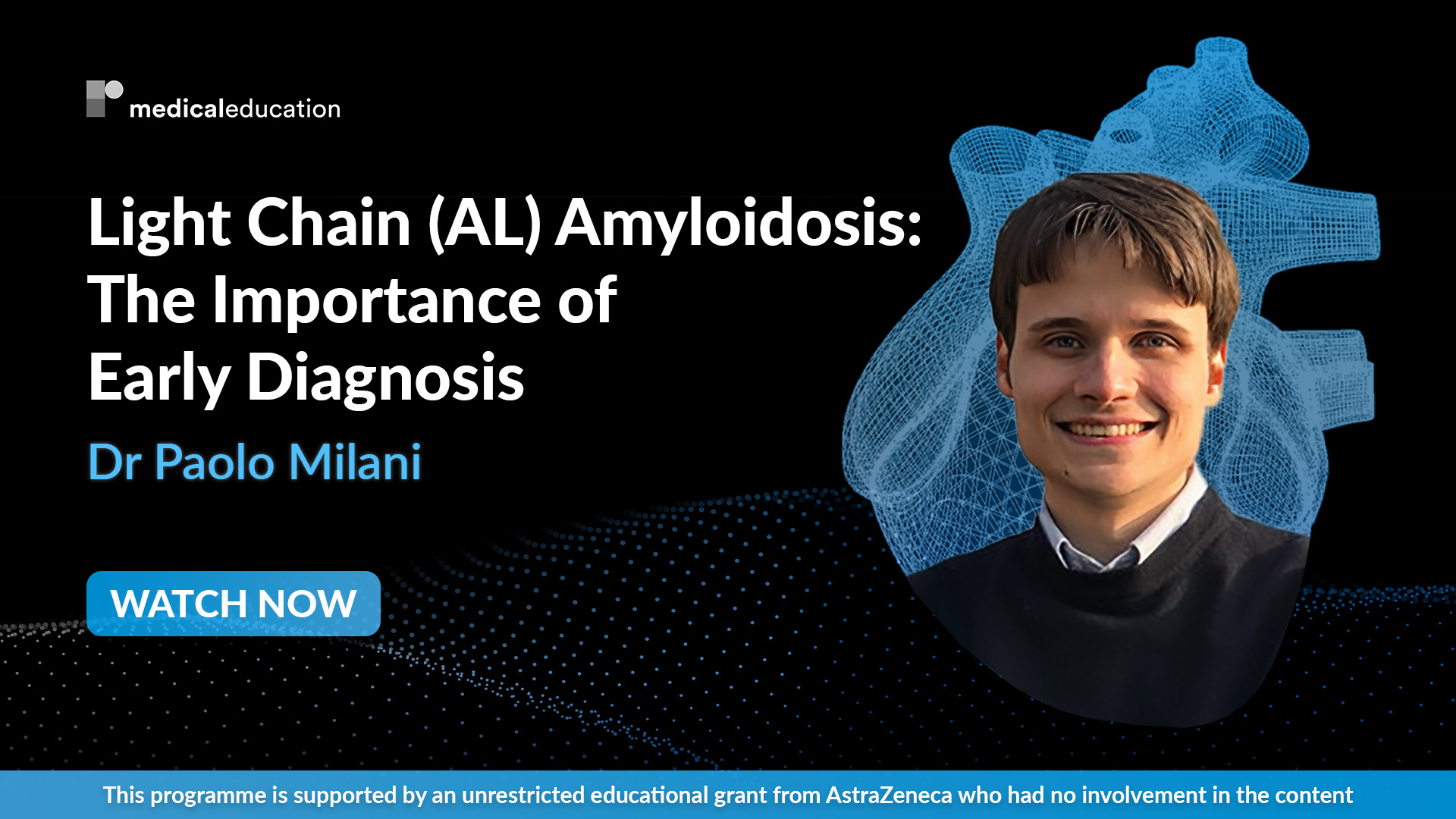
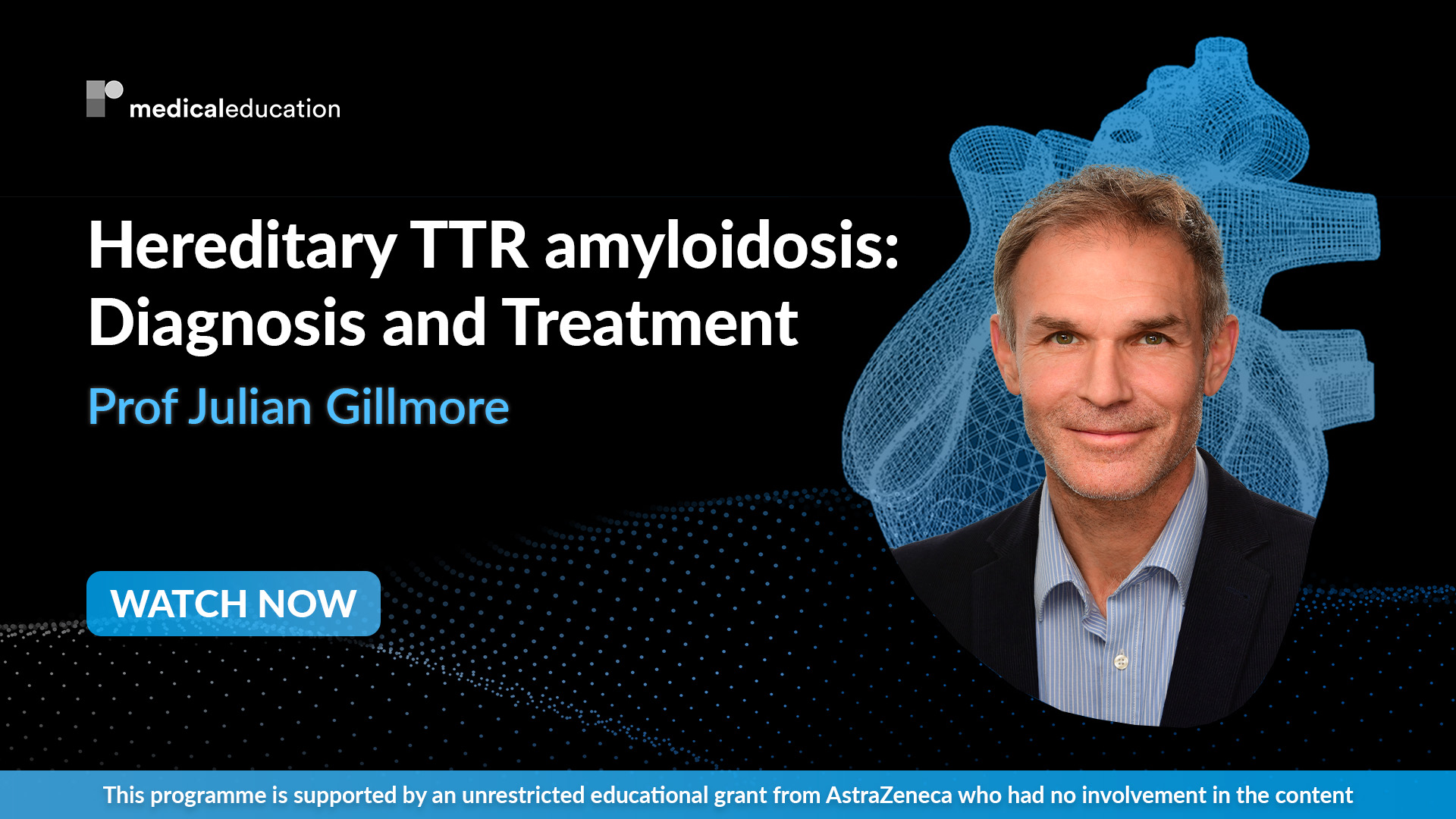
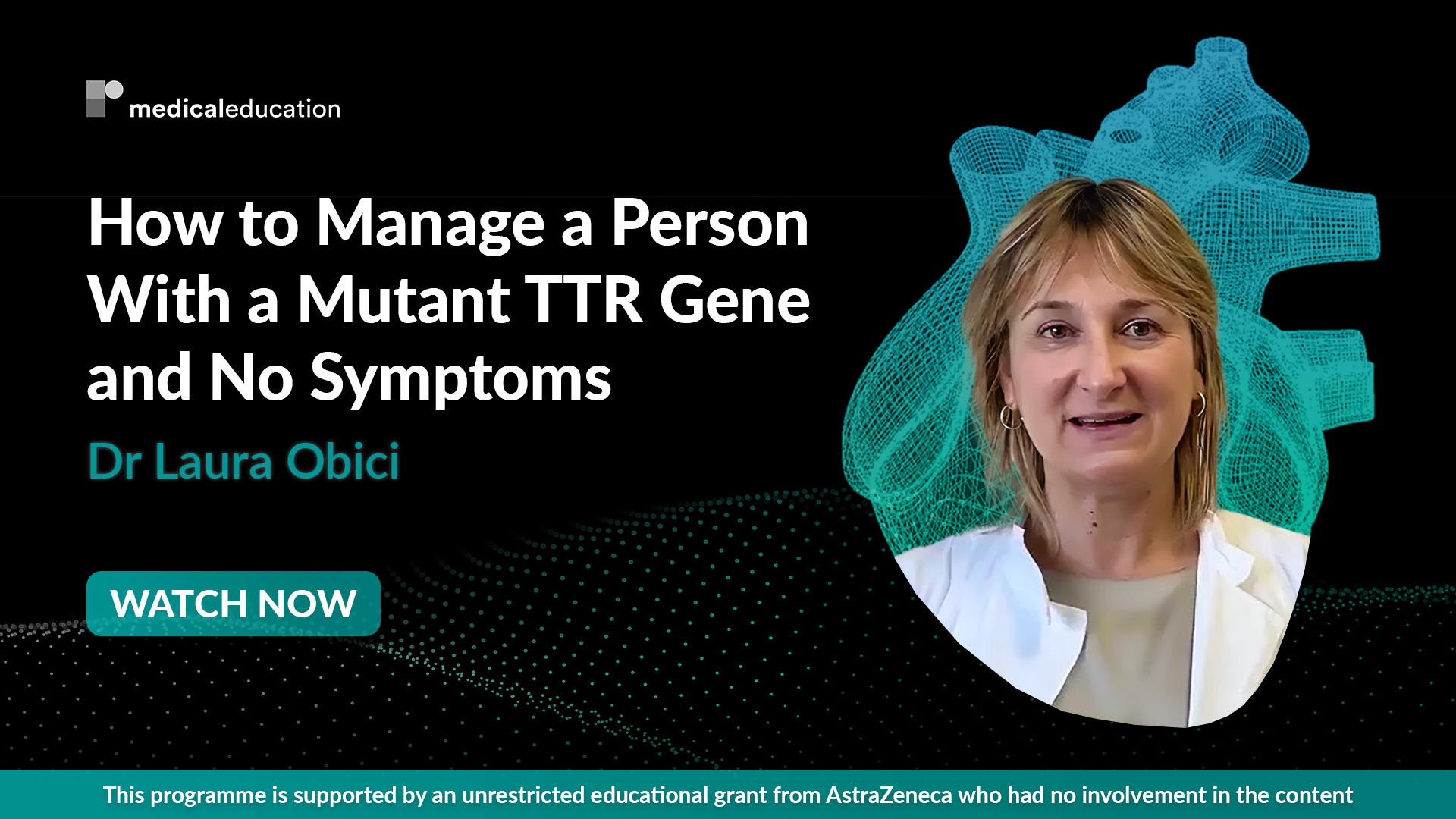
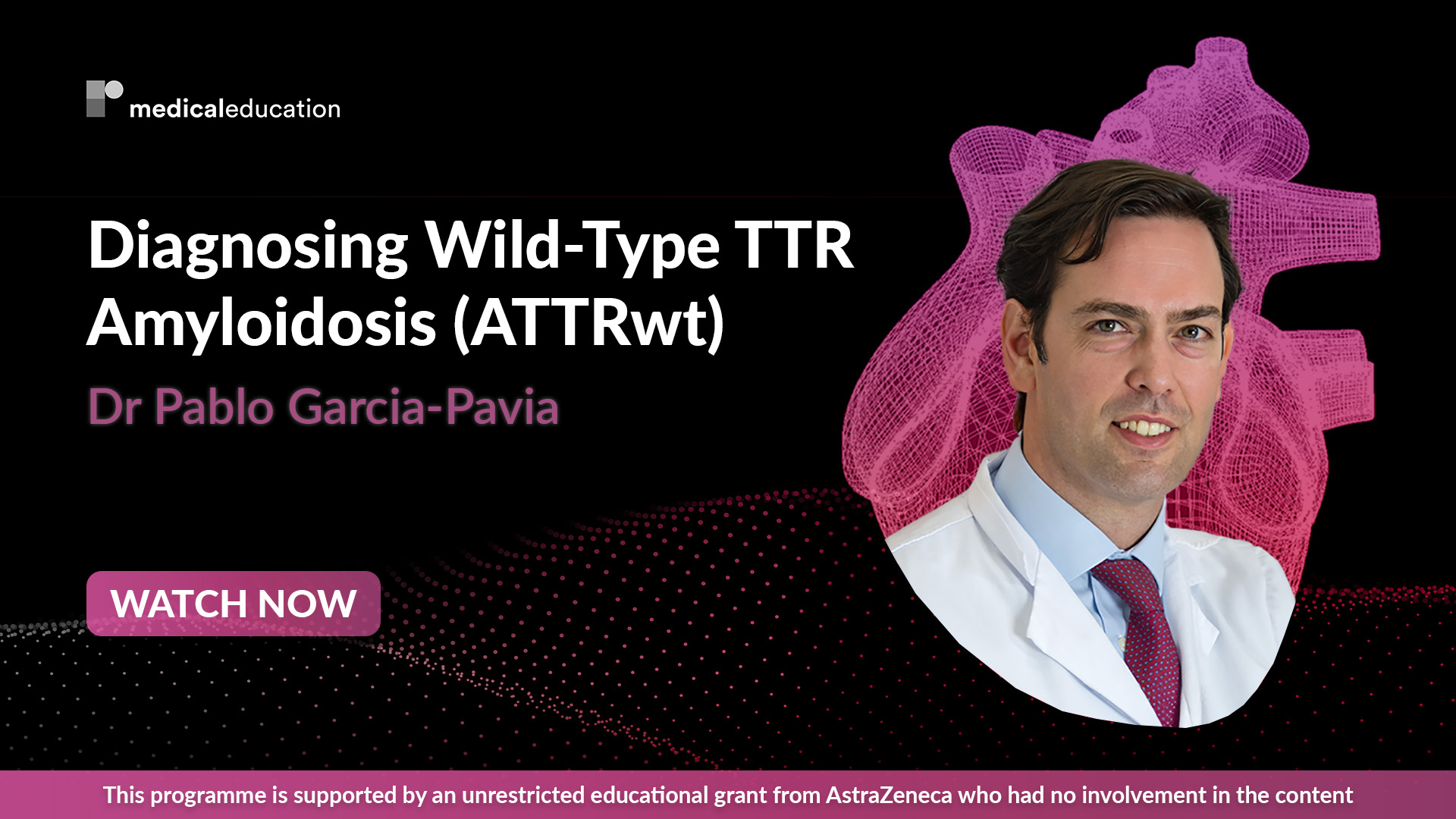
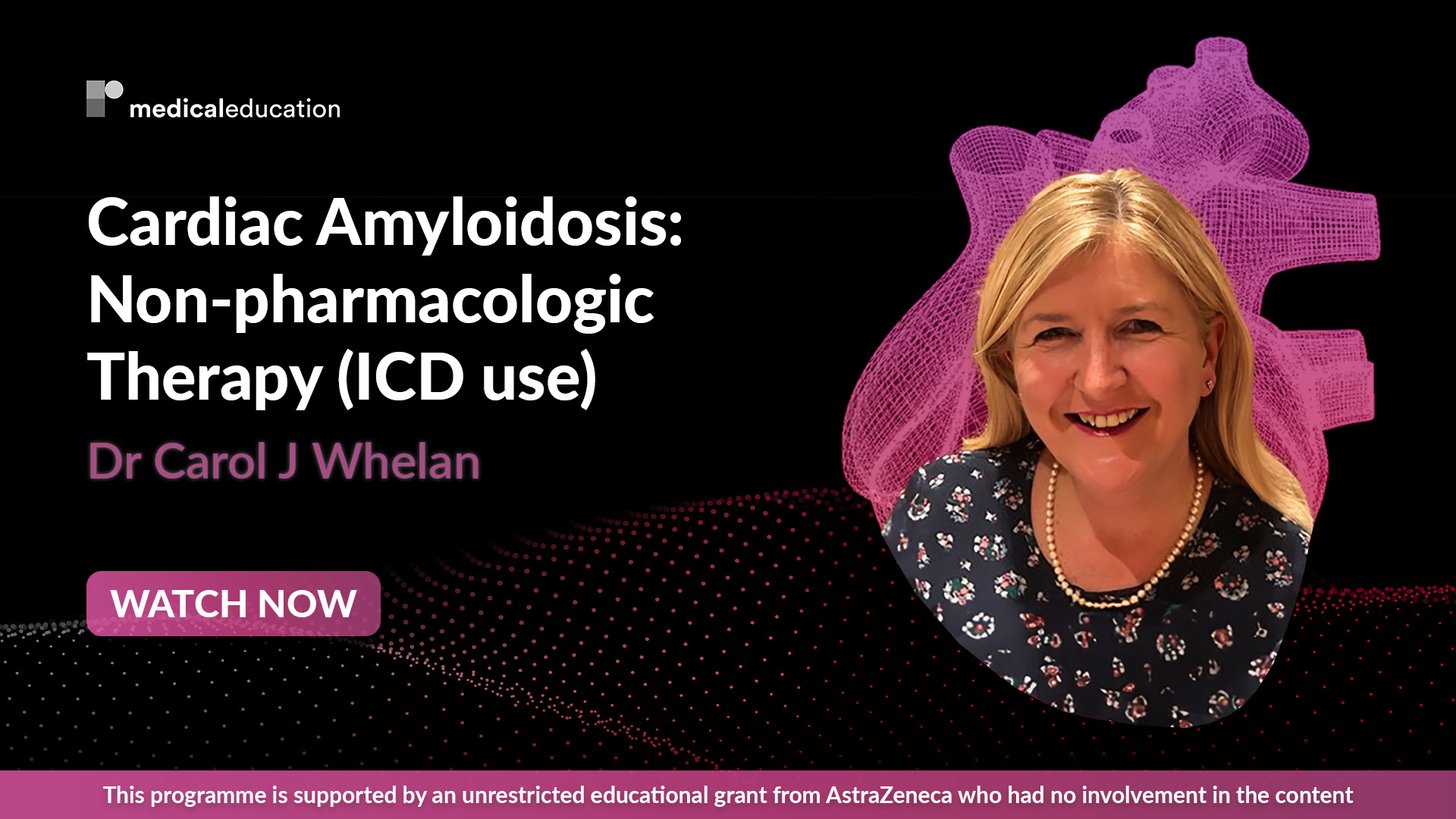
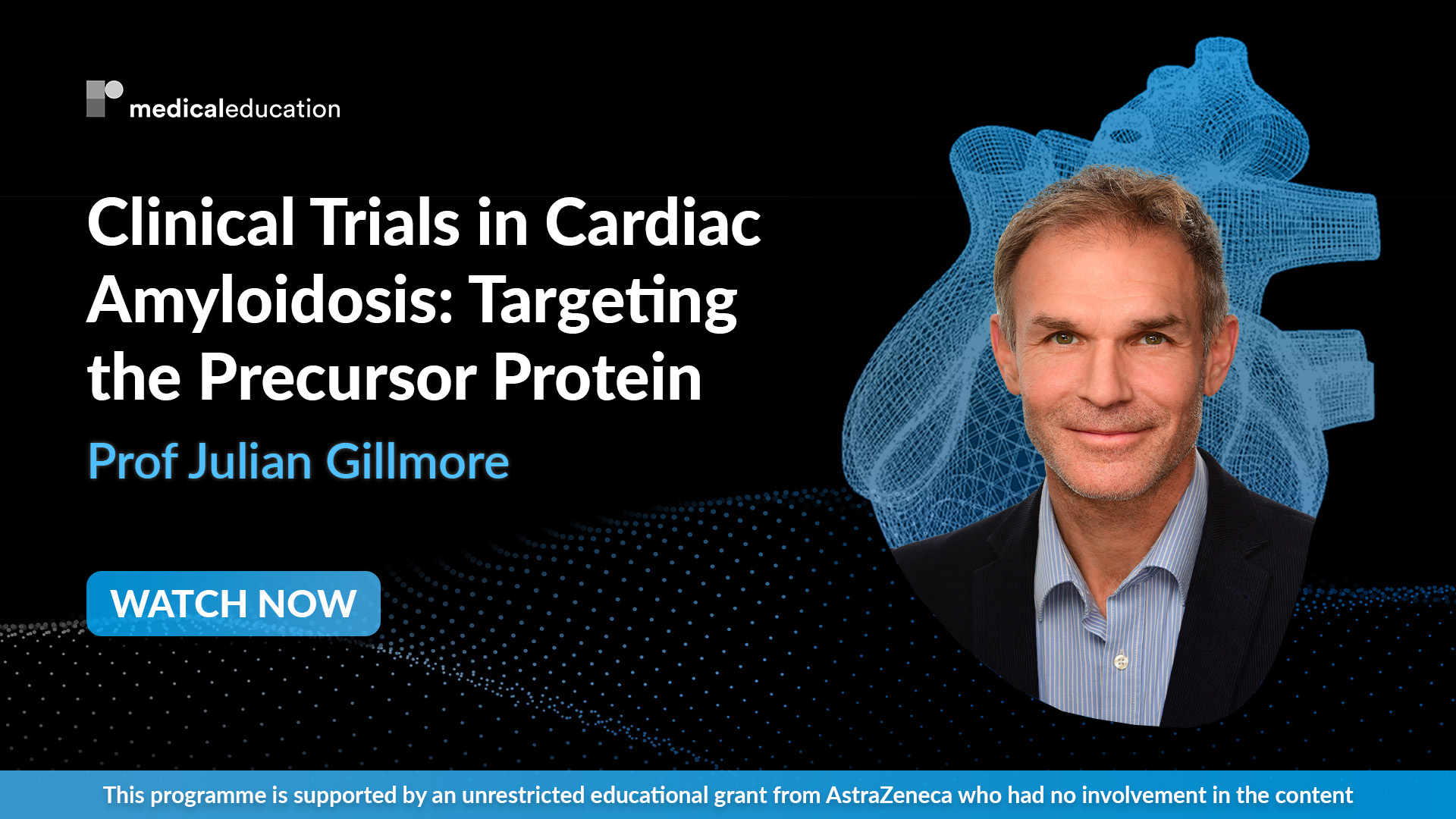
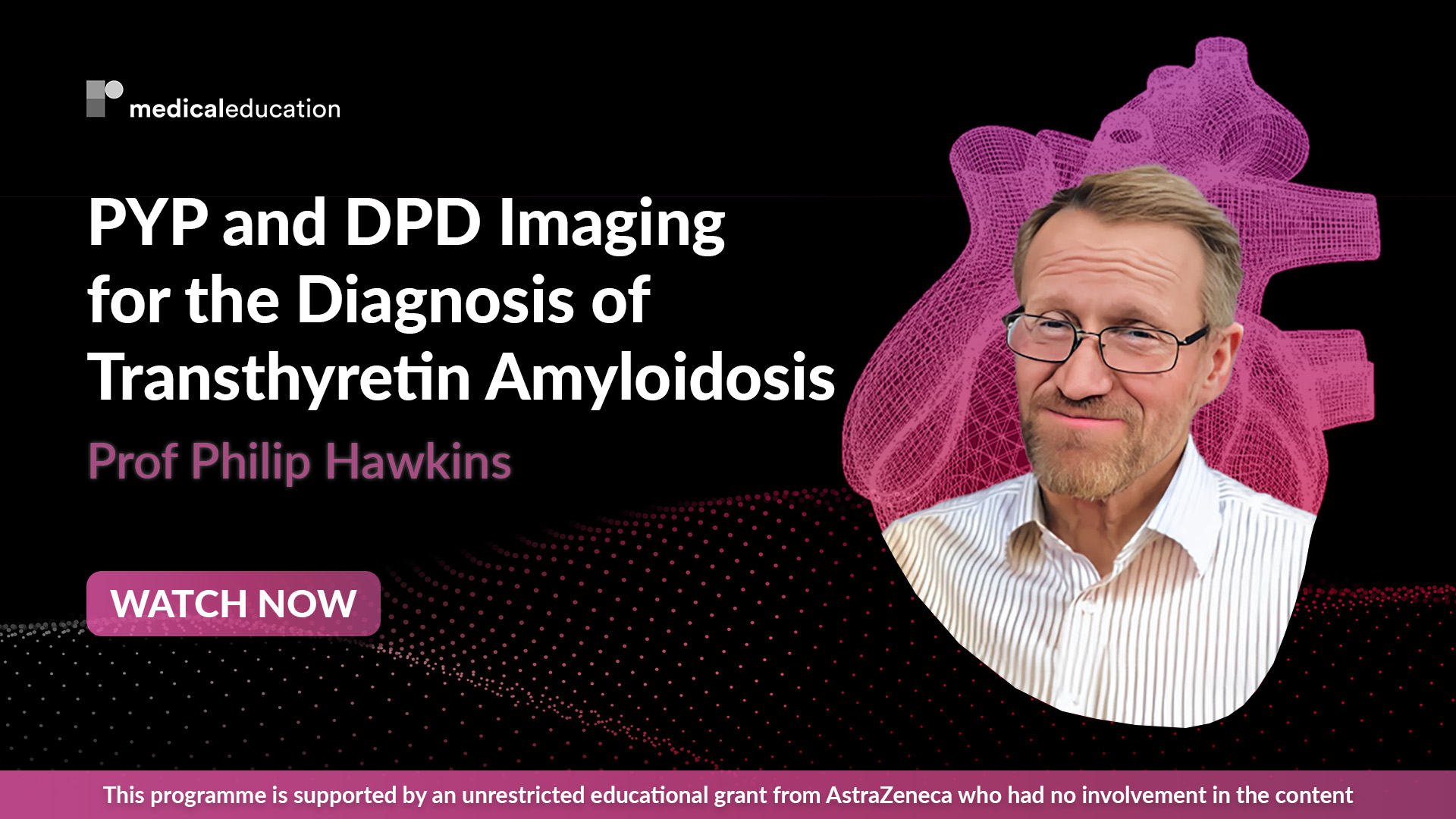
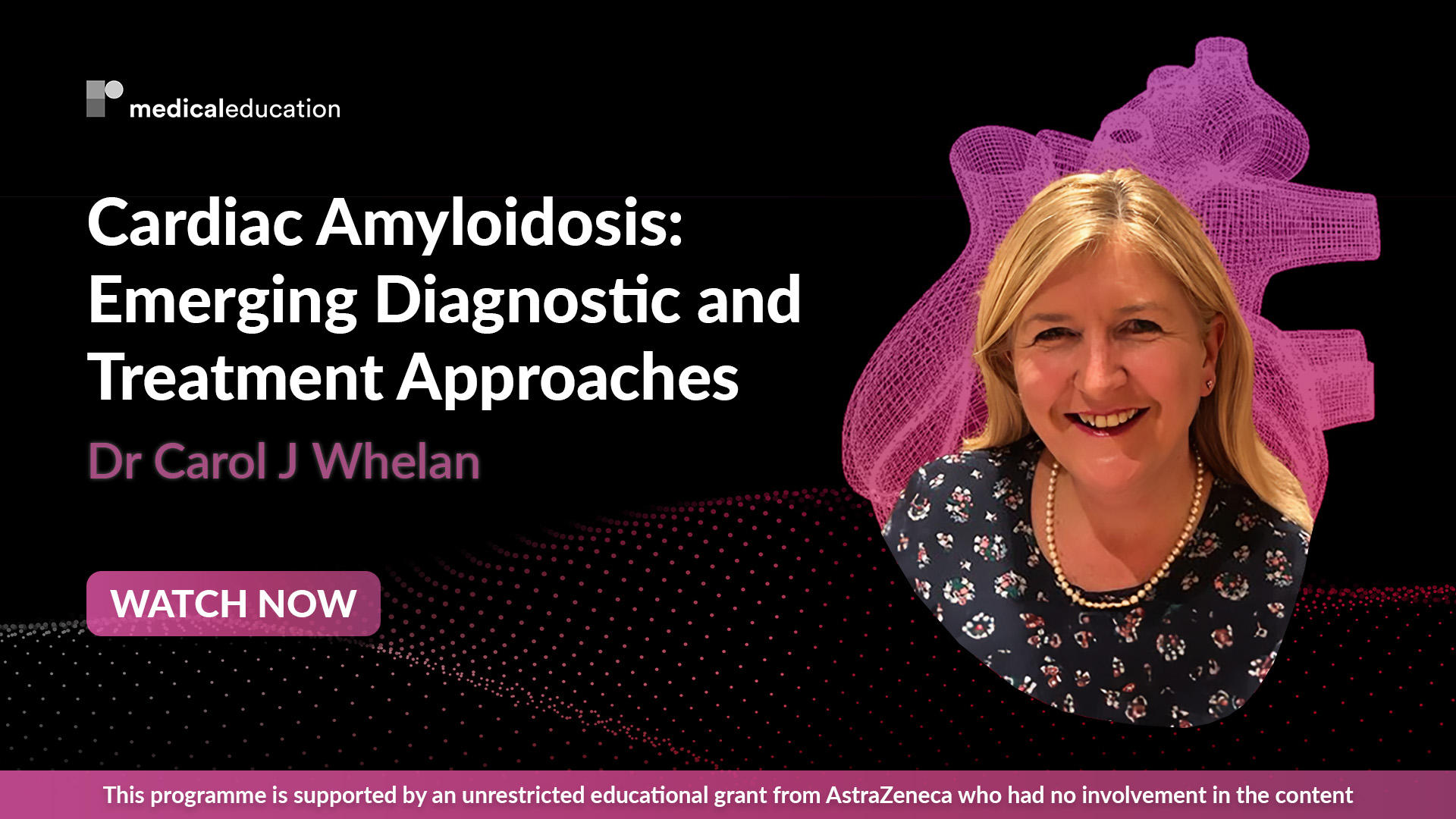
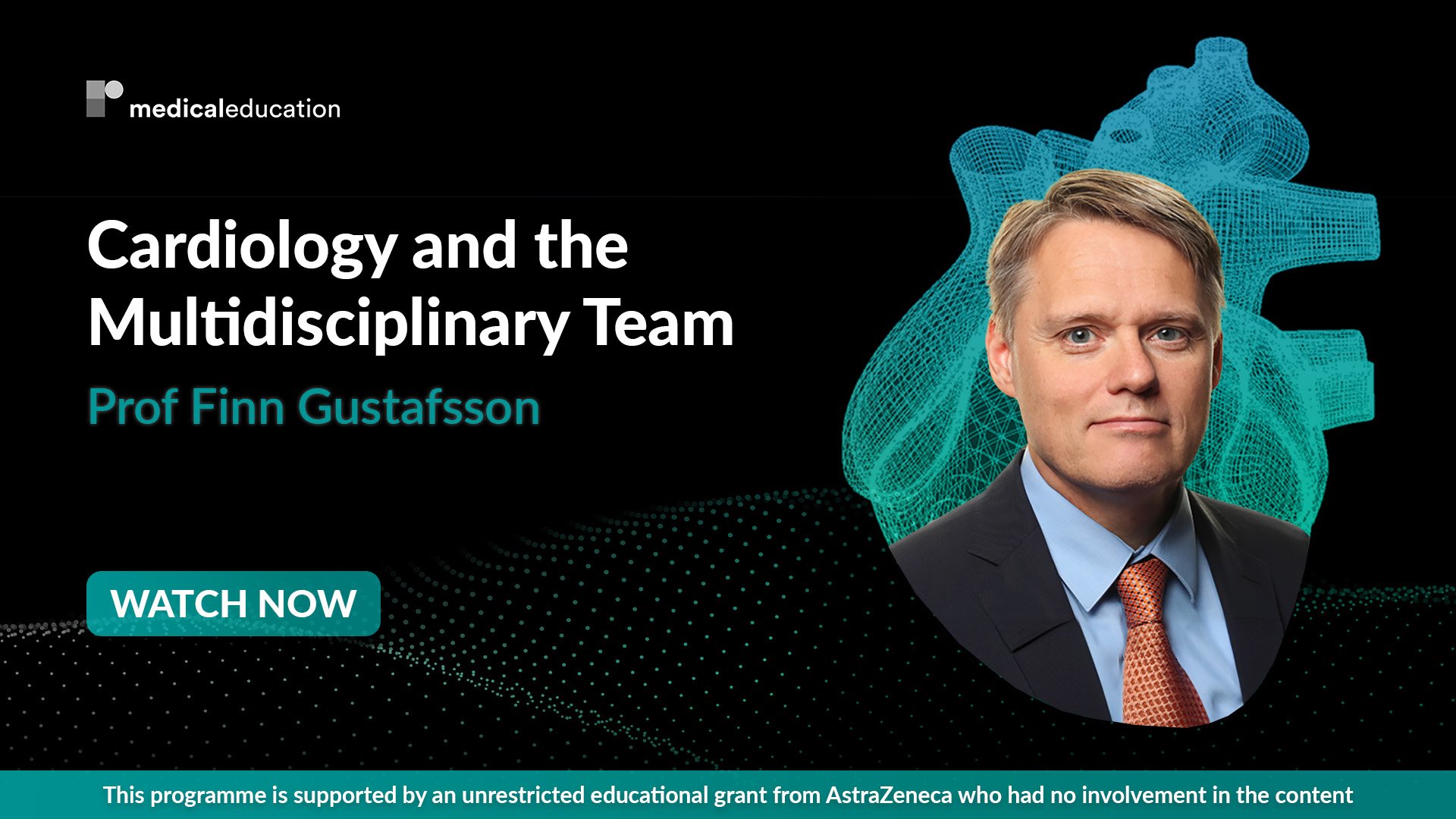
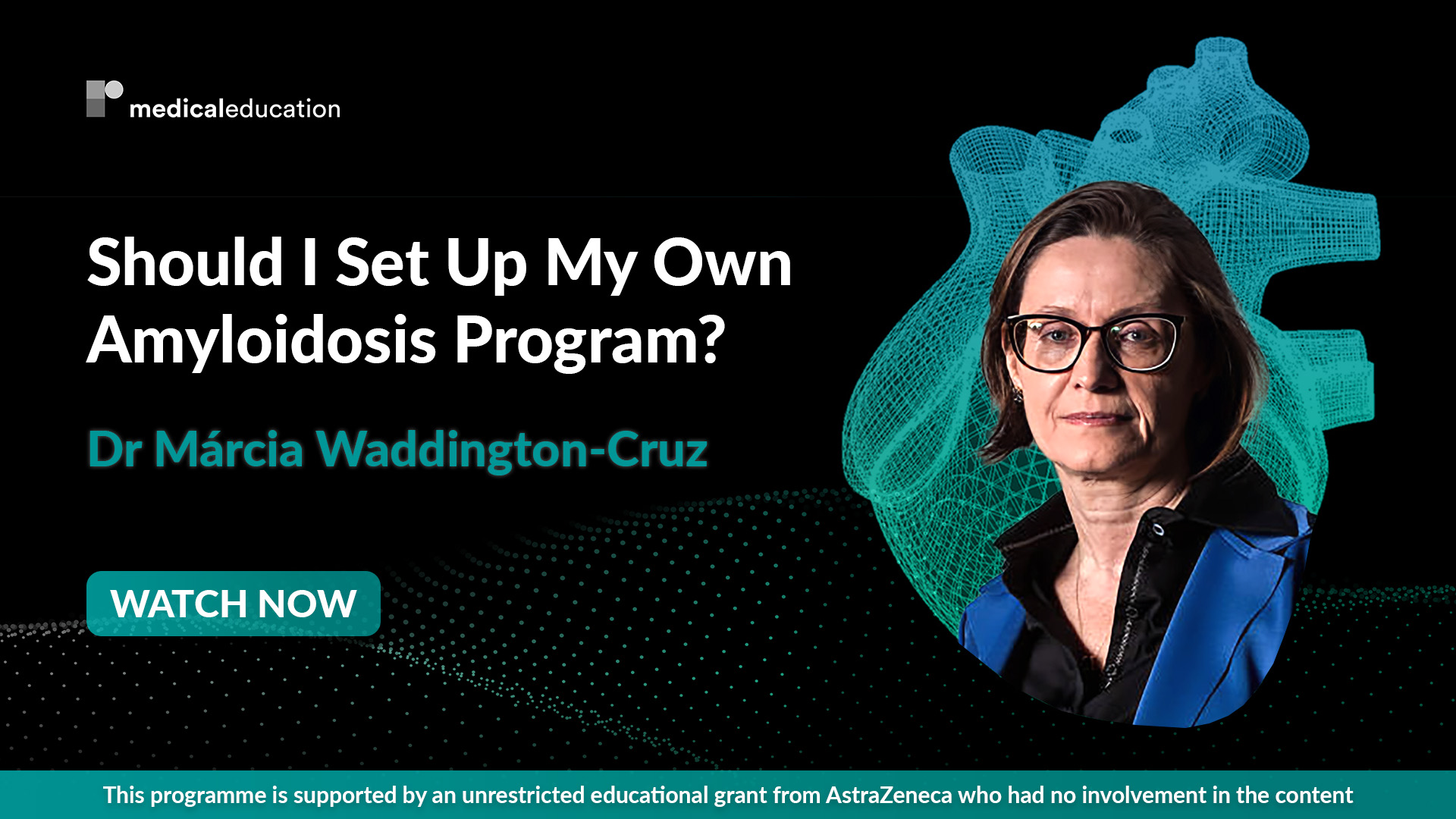
Comments